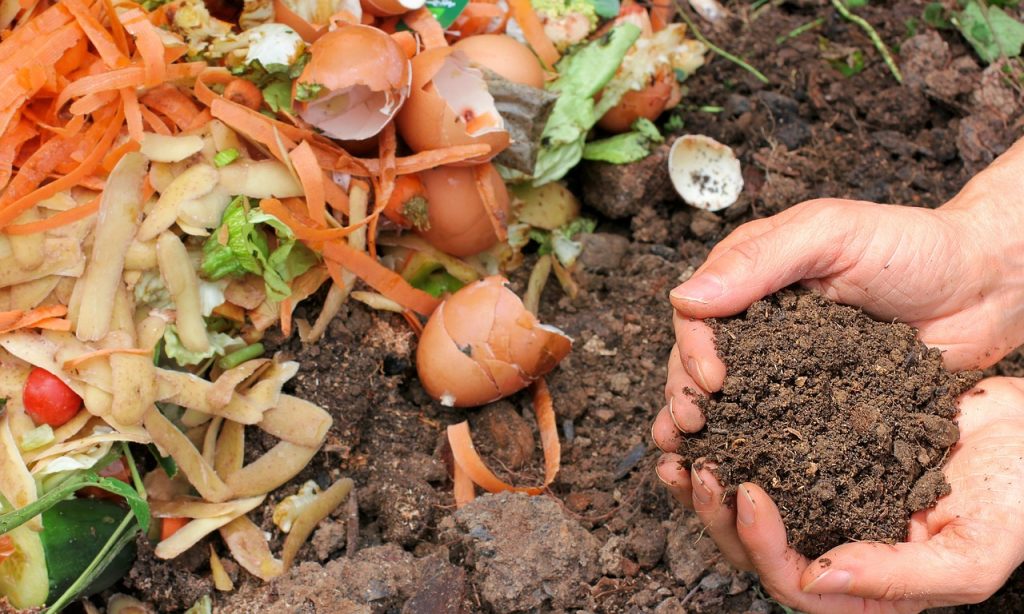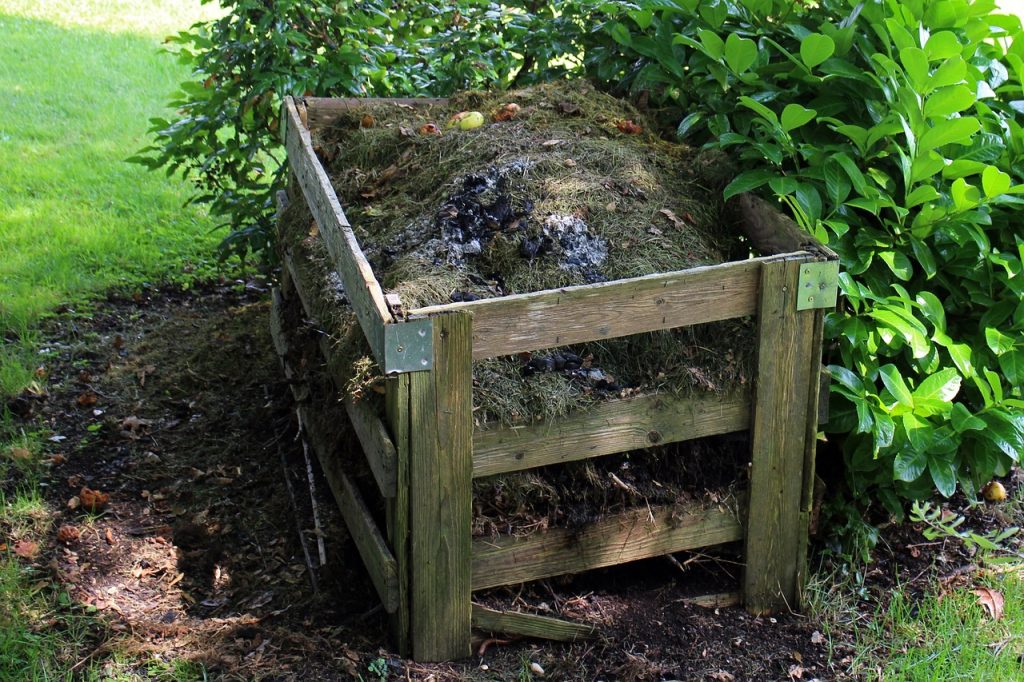Composting is an eco-friendly and cost-effective way to recycle organic waste into nutrient-rich soil that can help nourish your garden. However, maintaining your compost pile or bin properly is essential for ensuring that the decomposition process happens efficiently. Without the right attention, your compost can become too wet, too dry, or even smelly and ineffective. Here are seven important methods for compost maintenance that will keep your pile in top condition.
1. Turn Your Pile Regularly
Why it’s important: Turning your compost pile helps to aerate it, ensuring that oxygen reaches all parts of the pile. This encourages the aerobic microorganisms responsible for breaking down organic material. Without regular turning, the compost process can slow down and result in a smelly, anaerobic pile.
How to do it:
- Use a pitchfork, shovel, or compost aerator to turn your pile every 3-4 weeks. Rotate the materials from the outside to the inside and mix thoroughly to keep the pile aerated and break down materials evenly.
2. Maintain the Right Moisture Levels
Why it’s important: Compost needs to be moist, but not soggy, to encourage microbial activity. Too much moisture can lead to a slimy, smelly pile, while too little moisture can slow down decomposition.
How to do it:
- The ideal moisture level should be similar to a damp sponge. If the compost is too dry, add water. If it’s too wet, mix in dry, carbon-rich materials like straw, leaves, or shredded cardboard to absorb the excess moisture.
3. Balance Green and Brown Materials
Why it’s important: For compost to break down properly, it needs a balanced ratio of nitrogen-rich “green” materials (like food scraps, grass clippings, and manure) and carbon-rich “brown” materials (like leaves, straw, and wood chips). Too much of one type can slow down decomposition or lead to unpleasant odors.
How to do it:
- Aim for a 1:3 or 1:4 ratio of green to brown materials. If your compost seems too wet or slimy, add more brown materials. If it’s dry and not decomposing, add more green materials.
4. Chop or Shred Large Materials

Why it’s important: Larger pieces of organic waste take longer to break down, which can slow down the composting process. Smaller materials decompose faster and more evenly.
How to do it:
- Before adding large items like branches, thick stalks, or large vegetable scraps, chop or shred them into smaller pieces. This will help speed up the decomposition process and prevent clumping.
5. Monitor the Temperature
Why it’s important: A well-maintained compost pile generates heat as organic materials break down. The ideal temperature range for composting is between 130°F and 160°F (55°C – 71°C). A hot compost pile breaks down faster and more effectively, killing weed seeds and pathogens.
How to do it:
- Use a compost thermometer to check the temperature regularly. If it drops below 130°F, turn the pile to introduce more oxygen. If it’s too hot, add more materials to cool it down, or turn it less frequently to keep the temperature from rising too high.
6. Add a Compost Activator
Why it’s important: Compost activators are rich in microorganisms that help speed up the decomposition process. They can be particularly helpful if your pile seems to be decomposing too slowly or if you’ve added too many “brown” materials.
How to do it:
- You can purchase commercial compost activators or use natural ones like a handful of garden soil, fresh manure, or even food scraps like coffee grounds. Simply add the activator to your pile to encourage microbial activity.
7. Prevent Odors by Maintaining Aeration
Why it’s important: Odors often occur in compost piles that aren’t properly aerated, usually due to a lack of oxygen or excess moisture. Maintaining proper aeration helps to keep your pile healthy and free from foul smells.
How to do it:
- Regularly turn the compost to keep it oxygenated. If your compost begins to smell sour or rotten, it may be too wet or lacking in air. Add dry materials to absorb excess moisture and turn the pile to improve airflow.
Conclusion
Proper compost maintenance is key to creating high-quality, nutrient-rich compost that can be used to nourish your plants and garden. By turning your pile regularly, balancing green and brown materials, maintaining moisture, and monitoring temperature, you can ensure your compost pile stays healthy and efficient. Follow these seven methods, and you’ll be well on your way to producing rich, valuable compost that benefits both your garden and the environment.

